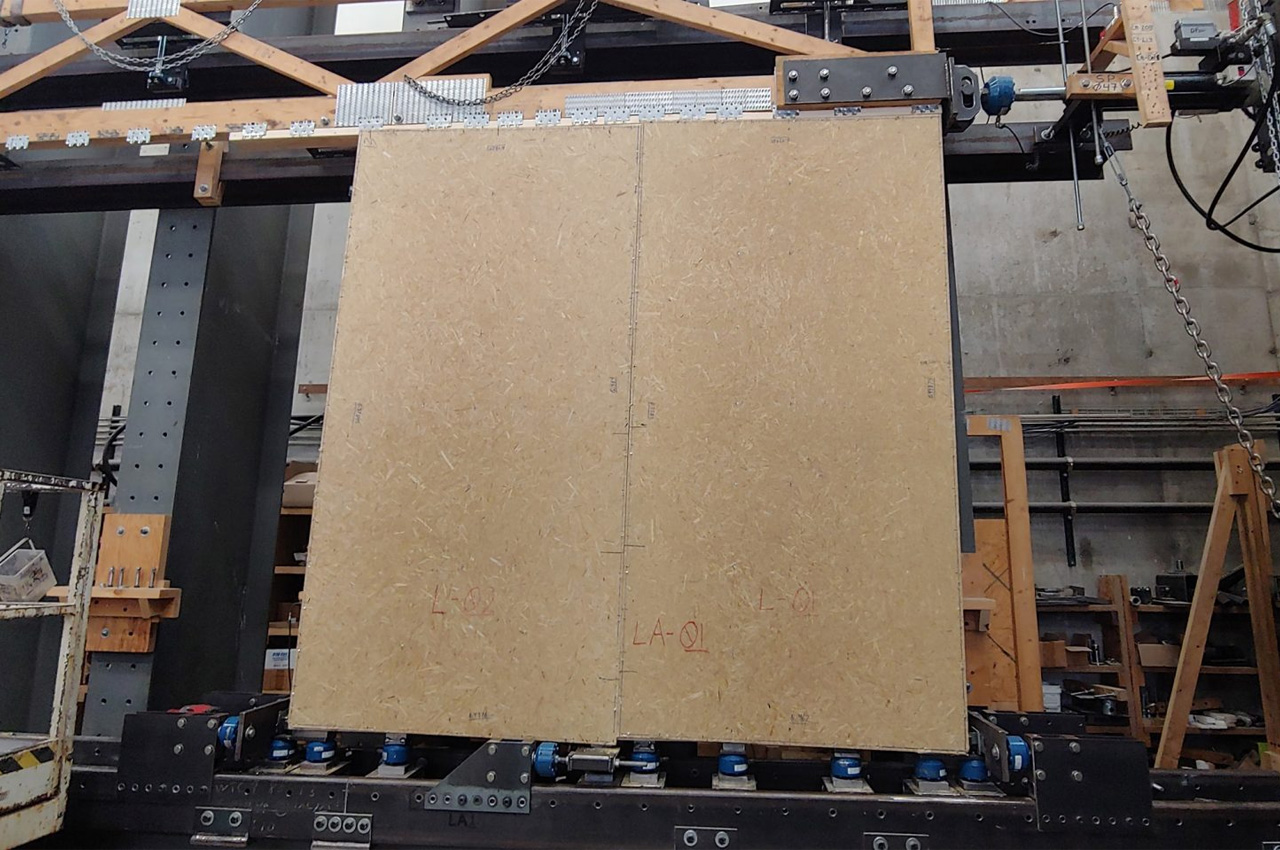
Based in North Carolina, the firm Plantd Materials has produced a new material ‘Plantd’. Built using processed perennial grass, the material is said to be lighter and stronger as compared to traditional timber boards, but will capture more carbon. The firm says that the material is a “blend of fast-growing perennial grasses”, that they hope will be used as an alternative to traditional oriented strand board (OBS). OBS is a material similar to plywood that is used to sheath floors and walls.
Designer: Plantd Materials
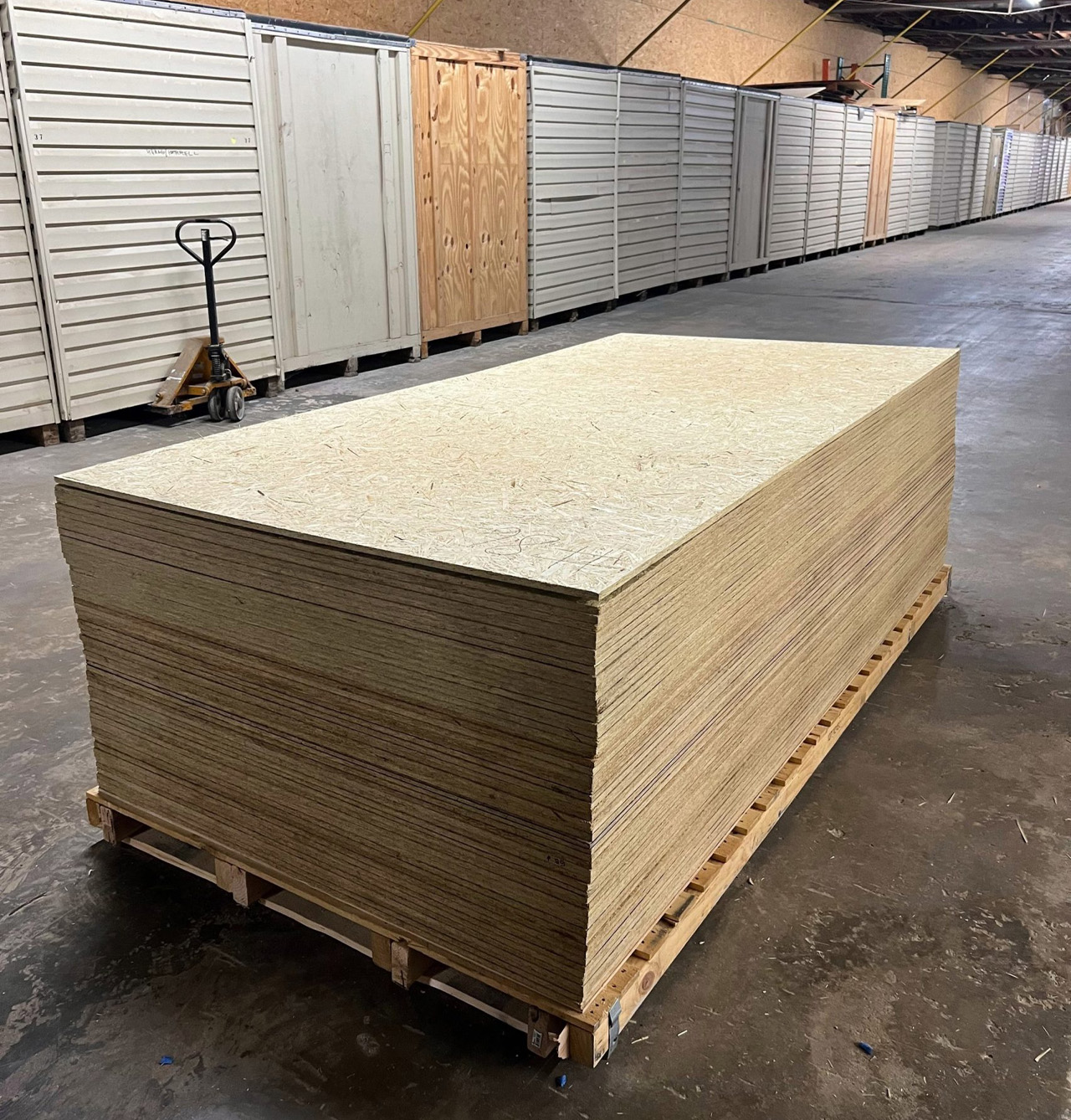
Plantd Materials developed a collection of machinery that utilizes heat and pressure to press the shredded grass into panels. They can produce standard four-by-eight-foot (1.2 by 2.4 meter) panels that are created using 50 pounds (22.6 kilograms) of grass.
“During the pandemic, quality was going down, prices were going up, supply was obviously constrained and I really started thinking a lot more about sustainable materials as an opportunity. We had this frame in mind to aspire to gigaton scale carbon capture, to be able to lock something away for 100 years,” said Plantd co-founder Josh Dorfman. He believes that the material could “solve some real problems for builders”.
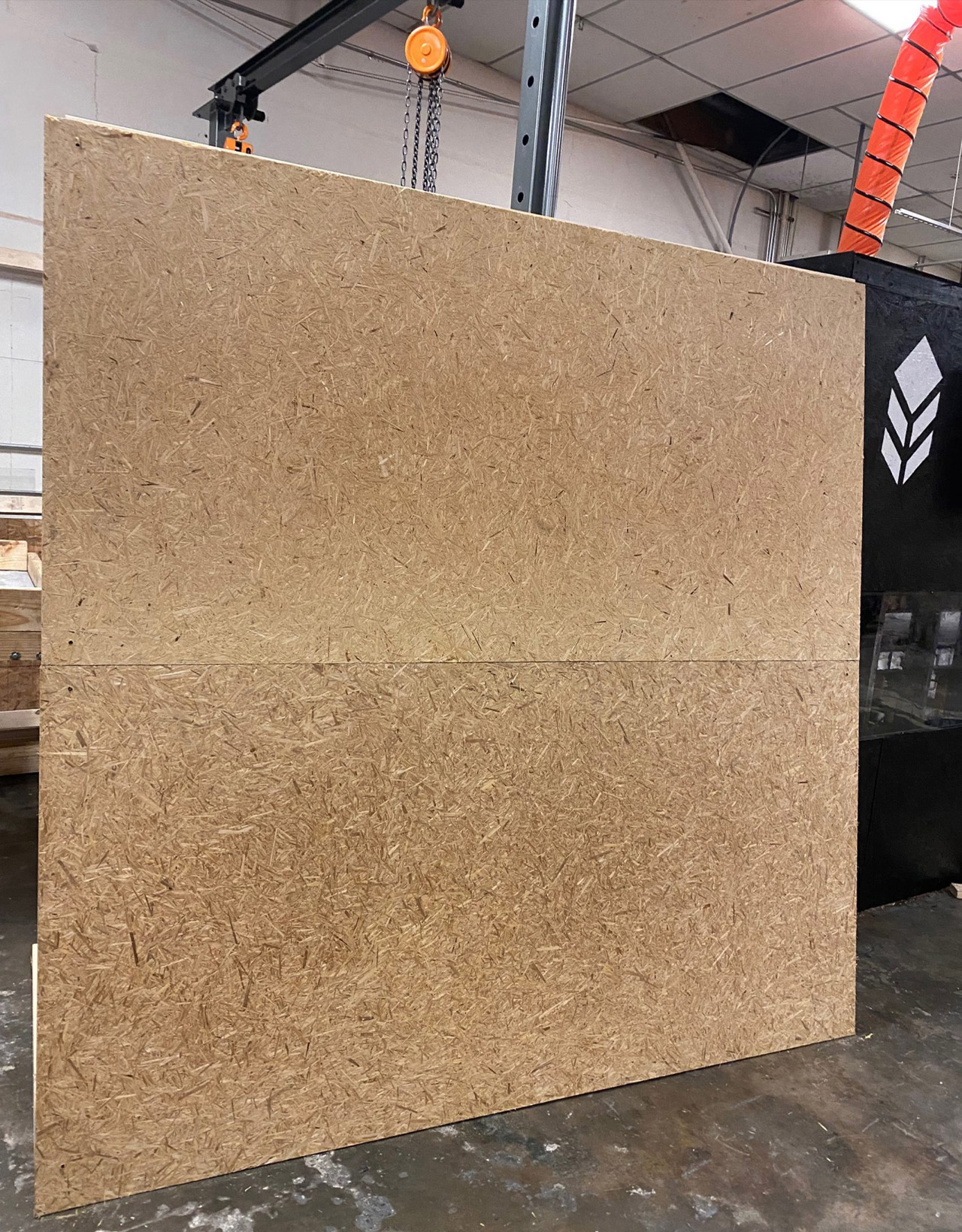
Plantd will definitely be a boon for land usage, as perennial grass grows faster than timber. Medium-sized OBS mills require 140 to 150,000 acres of managed timberland to function, whereas mills that utilize perennial grass need only 15 to 20,000 acres. “So it creates an opportunity to capture more carbon using less land, and because it regrows on the same land year after year to be able to do it much faster. On a per acre for a perennial grass, you will get a yield that can be roughly seven to eight times more per acre than with managed timberland,” continued Dorfman.
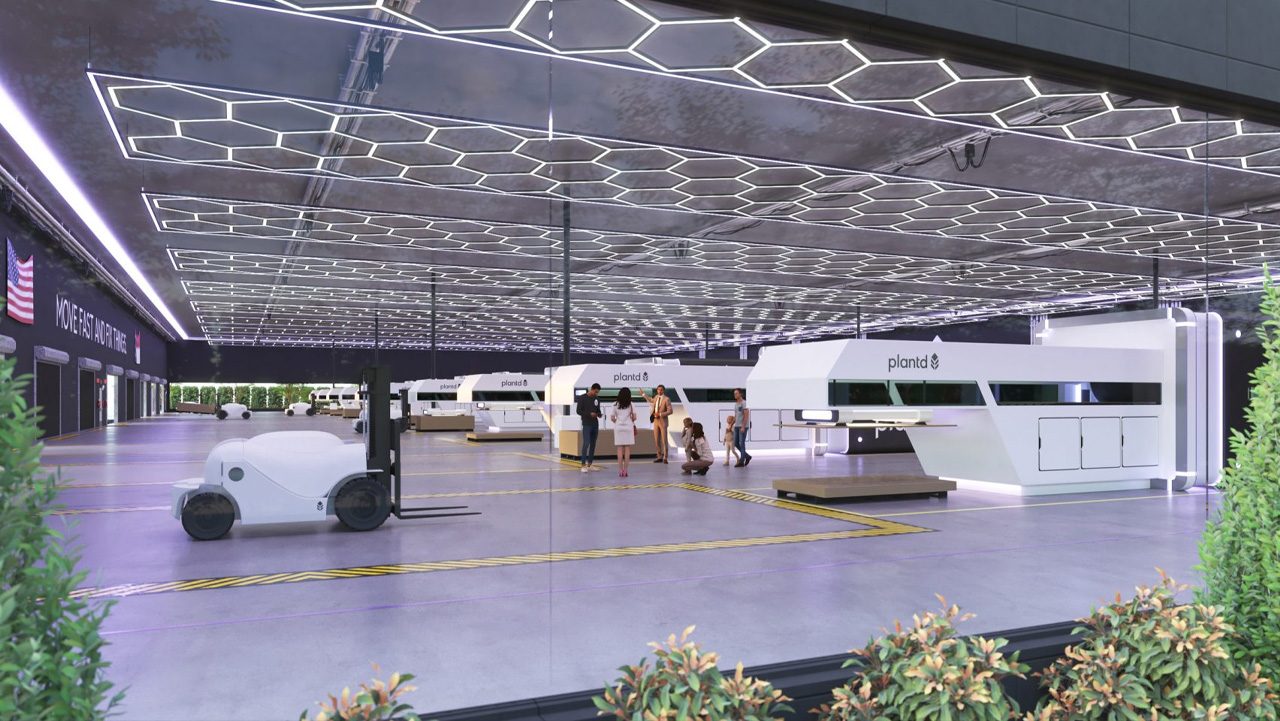
Besides being stronger and lighter than timber, custom machines used in the process will be energy efficient and will run completely on electricity. “Twenty-five percent of a tree is burned in the mill along with natural gas to dry out the remainder of the tree. We bypass that process in the way that we produce. And so by moving to 100 percent electric, it enables us to really get these tremendous gains in terms of carbon efficiency,” said Dorfman. The grass panels will be treated with flame retardant using a process that is quite similar to the one used in standard energy. Plantd Materials hopes to start production of the material sometime next year.
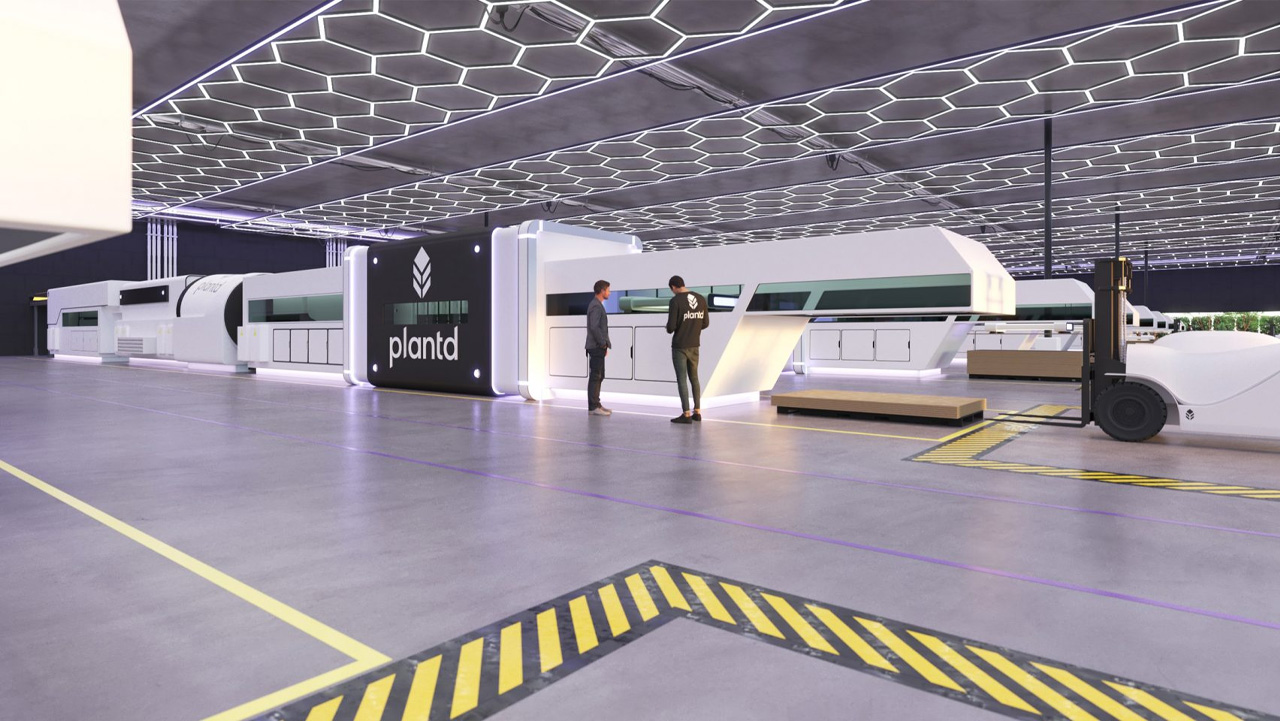
The post This new carbon negative material made using processed grass is meant to replace traditional OSB boards first appeared on Yanko Design.
from Yanko Design

0 Comments